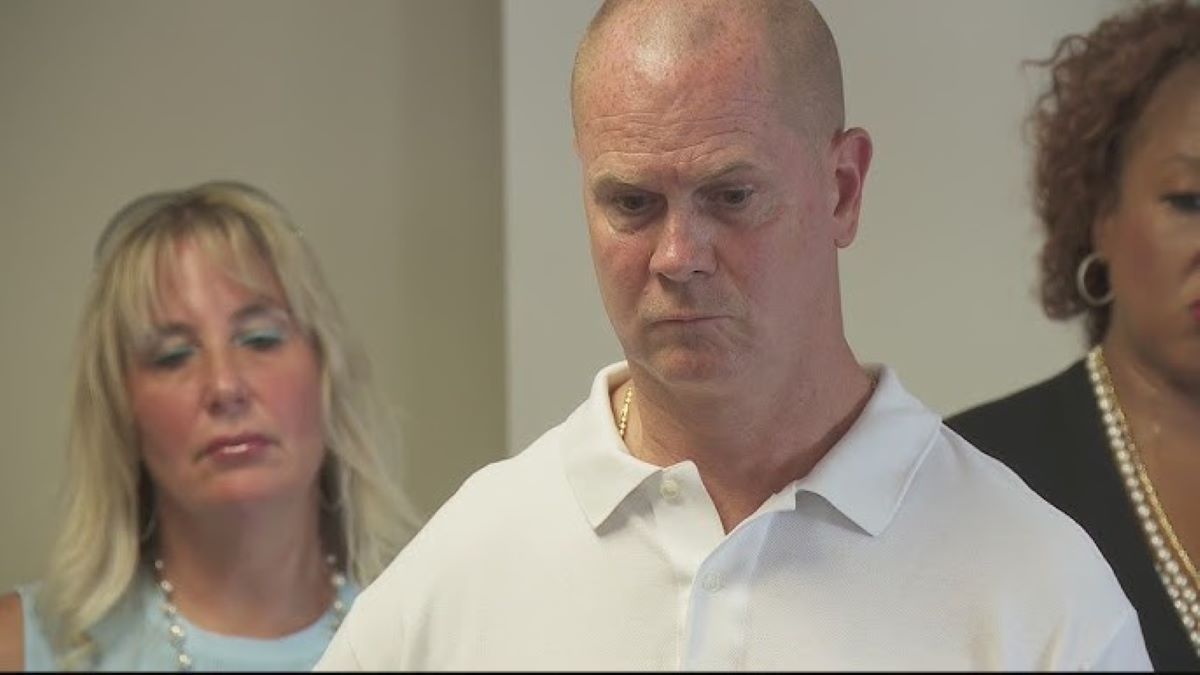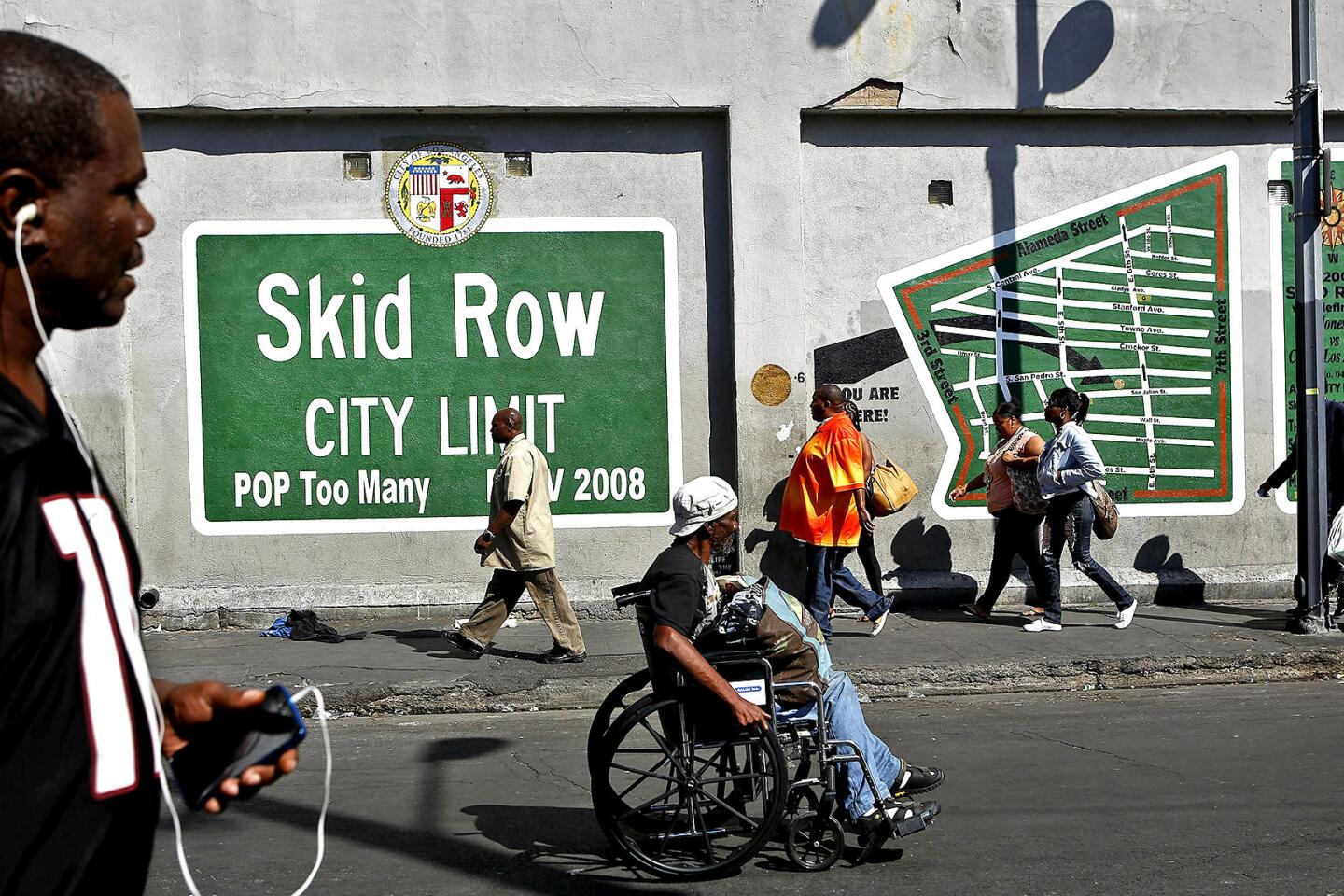
Who is Richard Wershe Jr.? Known as "White Boy Rick," Richard Wershe Jr. became infamous in the 1980s as a teenage FBI informant and later, a convicted drug dealer. Why is he significant? His story is a wild mix of crime, law enforcement, and controversy. What makes his tale unique? Starting as an informant at just 14, he helped the FBI take down major drug lords in Detroit. Why should you care? His life sheds light on the complexities of the war on drugs and the justice system. What will you learn? This post dives into 35 intriguing facts about Richard Wershe Jr., revealing the twists and turns of his extraordinary life.
Key Takeaways:
- Richard Wershe Jr., also known as "White Boy Rick," went from being a teenage FBI informant to a major player in Detroit's drug trade, serving over 30 years in prison before his parole in 2017.
- Despite his controversial past, Wershe is now focused on rebuilding his life, sharing his story through public speaking, advocating for criminal justice reform, and working to prevent youth from following in his footsteps.
Richard Wershe Jr.: The Infamous Teenage Informant
Richard Wershe Jr., also known as "White Boy Rick," has a story that reads like a Hollywood script. His life, filled with crime, betrayal, and redemption, has fascinated many. Here are some intriguing facts about him.
-
Born in Detroit: Richard Wershe Jr. was born on July 18, 1969, in Detroit, Michigan. The city’s crime-ridden streets would play a significant role in shaping his future.
-
Nickname Origin: He earned the nickname "White Boy Rick" due to being one of the few white teenagers involved in Detroit's predominantly African-American drug scene.
-
Early Start in Crime: By the age of 14, Wershe was already involved in criminal activities, primarily due to his father's connections with the underworld.
-
FBI Informant: At just 14, he became the youngest FBI informant in history. He provided crucial information about Detroit's drug operations.
-
Double Life: While attending high school, Wershe was also deeply embedded in the drug trade, balancing a dangerous double life.
The Rise and Fall of White Boy Rick
Wershe's involvement with the FBI and the drug world led to a meteoric rise and an equally dramatic fall. His story is a cautionary tale of how quickly fortunes can change.
-
Major Drug Dealer: By 16, Wershe was a significant player in Detroit's drug trade, dealing large quantities of cocaine.
-
Lavish Lifestyle: His drug dealings funded a lavish lifestyle, including expensive cars, jewelry, and a luxurious home.
-
Arrested at 17: In 1987, at the age of 17, Wershe was arrested for possession of eight kilograms of cocaine.
-
Life Sentence: He was sentenced to life in prison without parole under Michigan's tough drug laws, despite his cooperation with the FBI.
-
Controversial Sentence: Many believed his sentence was excessively harsh, especially given his age and the fact that he had been an informant.
Life Behind Bars and Legal Battles
Wershe's time in prison was marked by numerous legal battles and efforts to secure his release. His story continued to captivate the public and media.
-
Prison Time: Wershe spent over three decades in prison, becoming one of the longest-serving non-violent juvenile offenders in Michigan.
-
Appeals and Denials: He filed multiple appeals for clemency and parole, all of which were initially denied.
-
Media Attention: His case gained significant media attention, with many advocating for his release.
-
Support from Celebrities: Various celebrities and public figures supported his release, arguing that he had served more than enough time.
-
Parole Granted: In 2017, after 30 years behind bars, Wershe was granted parole.
Life After Prison
Wershe's release marked a new chapter in his life. Adjusting to life outside prison walls presented its own set of challenges.
-
Released in 2020: Although granted parole in 2017, Wershe was not released until 2020 due to a separate conviction in Florida.
-
Reconnecting with Family: Upon release, he focused on reconnecting with his family, including his children and grandchildren.
-
Public Speaking: Wershe began sharing his story through public speaking engagements, hoping to deter others from a life of crime.
-
Documentaries and Films: His life story inspired documentaries and a Hollywood film titled "White Boy Rick," starring Matthew McConaughey.
-
Advocacy Work: He became an advocate for criminal justice reform, using his experience to push for changes in the legal system.
The Legacy of White Boy Rick
Wershe's story is a complex one, filled with lessons about crime, punishment, and redemption. His legacy continues to spark debate and reflection.
-
Cultural Impact: His story has left a lasting impact on popular culture, symbolizing the harsh realities of the war on drugs.
-
Legal Reforms: His case has been cited in discussions about juvenile sentencing and the need for legal reforms.
-
Public Perception: Public opinion about Wershe remains divided, with some viewing him as a victim of the system and others as a criminal.
-
Continued Advocacy: Wershe continues to advocate for those he believes are unjustly incarcerated, particularly juveniles.
-
Memoir: He is reportedly working on a memoir to share his story in his own words.
The Human Side of Richard Wershe Jr.
Beyond the headlines and criminal activities, Wershe is a person with hopes, dreams, and regrets. Understanding his human side provides a fuller picture of his life.
-
Father and Grandfather: Wershe is a father and grandfather, cherishing his relationships with his family.
-
Regrets: He has expressed deep regret for his involvement in the drug trade and the impact it had on his community.
-
Hopes for the Future: Wershe hopes to continue his advocacy work and make a positive impact on society.
-
Rehabilitation: He has undergone significant personal rehabilitation, focusing on self-improvement and helping others.
-
Community Work: Wershe is involved in community work, aiming to prevent youth from falling into the same traps he did.
The Ongoing Story of White Boy Rick
Wershe's story is far from over. As he continues to rebuild his life, his journey remains a source of fascination and inspiration.
-
Media Projects: He is involved in various media projects, including potential TV series and books.
-
Legal Battles: Wershe continues to fight legal battles, including seeking compensation for his time as an informant.
-
Public Speaking: His public speaking engagements are well-received, with many finding his story both cautionary and inspiring.
-
Advocacy for Change: Wershe's advocacy work focuses on changing laws related to juvenile sentencing and drug offenses.
-
Legacy: The legacy of White Boy Rick is a complex one, filled with lessons about crime, punishment, and the possibility of redemption.
The Final Word on Richard Wershe Jr.
Richard Wershe Jr., also known as White Boy Rick, lived a life that reads like a movie script. From being the youngest FBI informant at 14 to spending over three decades in prison, his story is filled with twists and turns. His involvement with the Detroit drug scene and subsequent cooperation with law enforcement highlight the complex nature of crime and justice. Despite his controversial past, Wershe's release in 2020 marked a new chapter. His life serves as a stark reminder of the consequences of choices and the impact of the criminal justice system. Whether viewed as a victim or a villain, Richard Wershe Jr.'s story continues to captivate and provoke thought. Understanding his journey offers valuable insights into the challenges faced by those entangled in crime from a young age.
Frequently Asked Questions
Was this page helpful?
Our commitment to delivering trustworthy and engaging content is at the heart of what we do. Each fact on our site is contributed by real users like you, bringing a wealth of diverse insights and information. To ensure the highest standards of accuracy and reliability, our dedicated editors meticulously review each submission. This process guarantees that the facts we share are not only fascinating but also credible. Trust in our commitment to quality and authenticity as you explore and learn with us.


